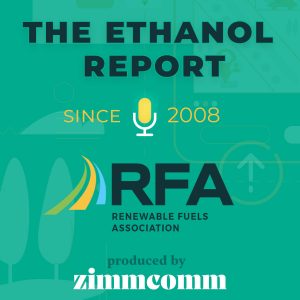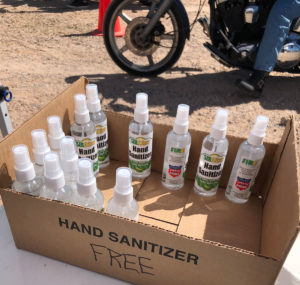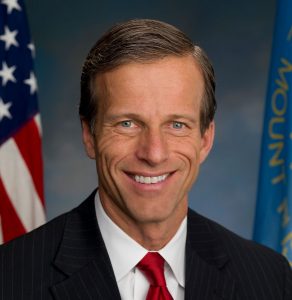
When President Trump visited Mankato, Minnesota yesterday he was welcomed by a full-page ad in the Mankato Free Press along with a banner on the front page of the local newspaper with the message “Mr. President, welcome to ethanol country. We need your support.”
The front-page banner and full-page ad were sponsored by the Renewable Fuels Association to remind the president that Minnesota, like much of the American Midwest critical to his reelection, is ethanol country. There are nine ethanol plants within a 50-mile radius of Mankato and 50 plants within 150 miles. As the ad points out, “more than one-quarter of the nation’s ethanol is produced within a two-hour drive of Mankato.” Those facilities support close to 100,000 jobs and represent more than a quarter of America’s ethanol production.
The ad urges President Trump to tell EPA to stop handing out waivers to big oil companies that exempt them from the requirements of the Renewable Fuel Standard.


 Scientists at USDA’s
Scientists at USDA’s  The
The 
 Austin and Evan Ludowese from south central Minnesota have been proud to help promote the good news about ethanol at the Sturgis Motorcycle Rally since 2015.
Austin and Evan Ludowese from south central Minnesota have been proud to help promote the good news about ethanol at the Sturgis Motorcycle Rally since 2015.  During a visit to Wisconsin this week, Environmental Protection Agency Administrator Andrew Wheeler was once again questioned about the status of so-called “gap year” waiver requests from refineries asking for relief from their Renewable Fuel Standard obligations from previous years.
During a visit to Wisconsin this week, Environmental Protection Agency Administrator Andrew Wheeler was once again questioned about the status of so-called “gap year” waiver requests from refineries asking for relief from their Renewable Fuel Standard obligations from previous years. President Donald Trump was asked about efforts to lower or eliminate Brazil’s tariffs on U.S. ethanol during a
President Donald Trump was asked about efforts to lower or eliminate Brazil’s tariffs on U.S. ethanol during a  The atmosphere is a little different this year for the 2020 Sturgis Motorcycle Rally at the Buffalo Chip Campground, but ethanol is still in big demand – especially hand sanitizer.
The atmosphere is a little different this year for the 2020 Sturgis Motorcycle Rally at the Buffalo Chip Campground, but ethanol is still in big demand – especially hand sanitizer. 
 Senate John Thune (R-SD) this week
Senate John Thune (R-SD) this week